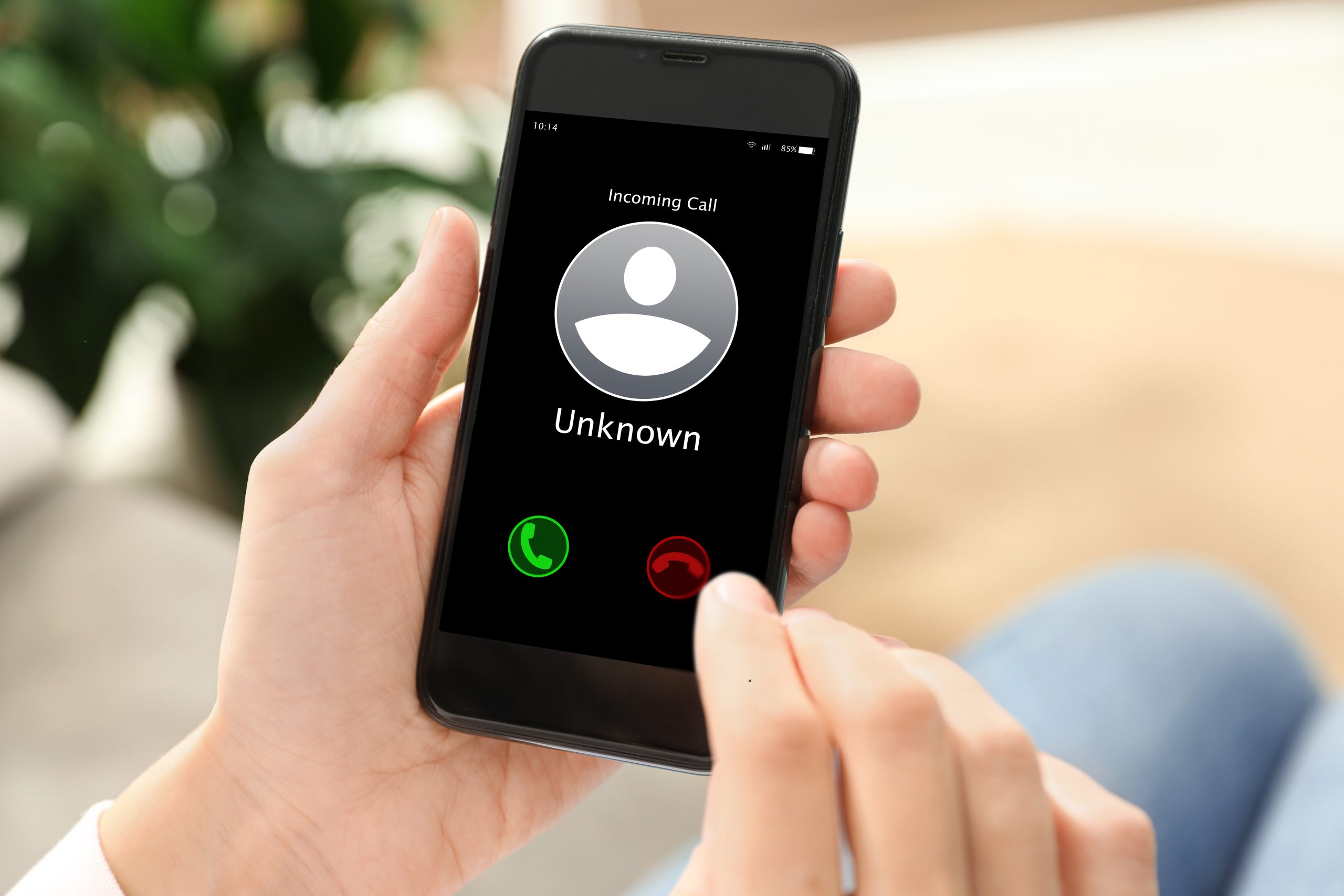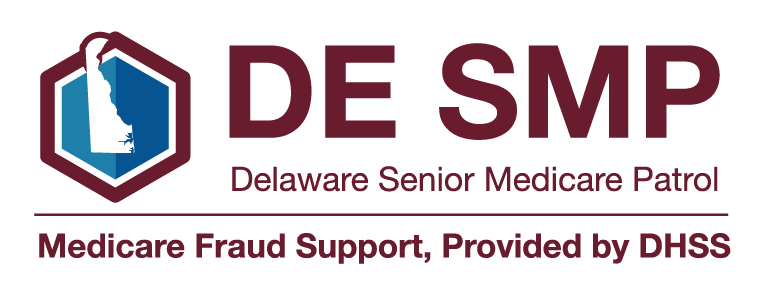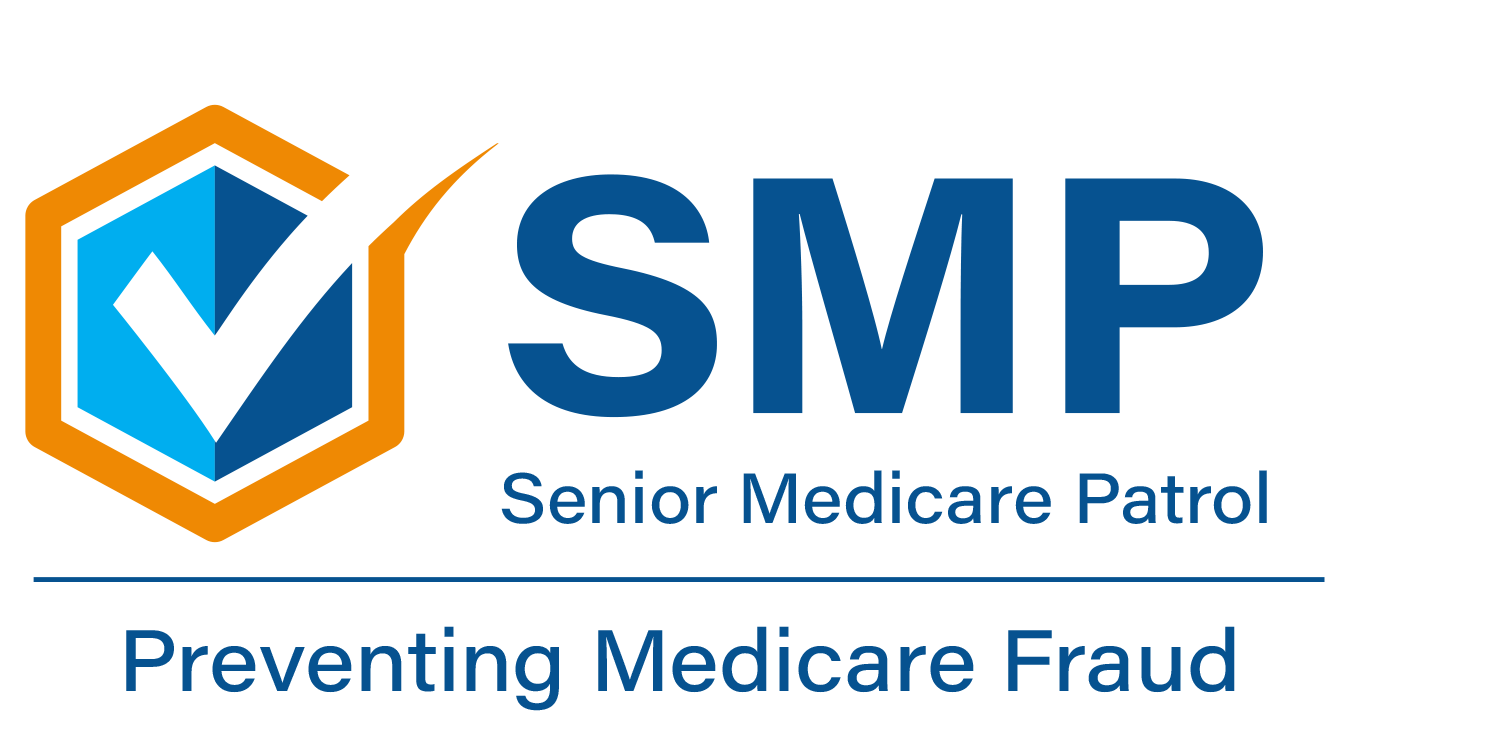Protect & Prevent
Am I an easy target for Medicare scammers? How can I protect myself and my information? DE SMP empowers you to take control and prevent health care fraudsters from accessing your information.
The Holes In Your Defense that Scammers Abuse
Navigating Medicare can be a complicated, tedious, and time-intensive process; scammers take advantage of those complexities and obstacles. It requires attention and diligence to protect yourself to the best of your ability. Prevent fraudsters from exploiting opportunities by educating yourself, enacting successful prevention methods, and stopping the fraud before becoming a victim of it.
Be the first line of defense in protecting your Medicare benefits.
The Do’s and Don’t’s to Protecting Yourself



Use Best Practices to Improve Safety
DO: Protect your medical identification cards and numbers—do NOT share your Medicare information with strangers. Treat your Medicare card and number like you would a credit card: Only share Medicare and other health care identification cards and numbers with trusted sources who need that information to serve you, such as your health care providers. This information should NOT be provided to a stranger who calls, visits, or approaches you in a public setting. Remember: Even just your Medicare number can be valuable to thieves who want to steal your medical identity or bill Medicare fraudulently—and they can do it without even seeing you personally. Do NOT share your Medicare card or Medicare number with strangers, and remember that Medicare will NOT call you to ask for that information since they already have it on file. Note: If you call 1-800-Medicare (1-800-633-4227) for assistance, they WILL ask for your Medicare number, however.
DO: Rely on your doctors for medical advice, equipment, and prescriptions. Your doctor knows you best, so do NOT entertain advice or offers of medical services from unknown persons who call, visit, or approach you in public.
DO: Keep accurate records of your own to compare back to. Keep records of health care visits, services or equipment received, test results, etc. Request a copy of any forms or documents you sign for your own records and file copies of bills received from your doctor, hospital, pharmacist, supplier, or other health care provider all in the same place. Keeping this information together makes it easier to reference over time. Additionally, DE SMP has Resources to help keep track of information.
DO: Save your Medicare Summary Notices (MSNs) and Explanations of Benefits (EOBs) and review them for accuracy. Compare the dates, providers, and services received, shown on MSNs and EOBs, to what is documented in your personal health care records.
DO: Be cautious when responding to unsolicited offers. Check the data before responding, and you can ask friends and family about it. Know that if it sounds “too good to be true,” you should suspect a scam.
DO: Educate yourself about common scams and what to look out for. Learn how to Detect fraud on our website, and another way to stay informed is through visiting the National SMP Resource Website as well as our Resources page.
DO: Contact us if you suspect fraud. SMPs (Senior Medicare Patrols), such as ours representing the state of Delaware, are here to support you. Click here to Find Help or to learn more about DE SMP.
Avoid Behaviors That Put You At Risk For Fraud
Do NOT share your Medicare number or card information. Medicare already has your Medicare number. They will NOT call you to ask for it, and they certainly do NOT need your bank account number. Note: If you call 1-800-Medicare (1-800-633-4227) for assistance, they WILL ask for your Medicare number, however.
Do NOT carry your Medicare card in your wallet, unless it’s absolutely necessary for a specific reason. Otherwise, store it in a safe, secure location with your other important items.
Do NOT answer phone calls from unknown callers. Calling you is an easy way for scammers to hide their identity, and fraud conducted by telephone is rampant. Do NOT be afraid to hang up immediately if they catch you off guard. Treat any offer of free services in exchange for your Medicare or health care identification number with severe scrutiny. Learn more on our Detect page.
Do NOT sign anything you do not understand. Always read and make sure you understand the content before you sign. If you are concerned, DE SMP can support you: Find Help.
Do NOT be afraid to speak up. Ask questions of your provider, Medicare plan, or 1-800-Medicare when:
- You don’t understand the charges billed
- You don’t think you received the service
- You feel the service was unnecessary
- You were charged for the same thing twice
Beware of charges for services not received, duplicate charges, or services that were not ordered by your doctor.



Contact DE SMP If You Have Any Suspicions
Do NOT wait if you suspect fraud! DE SMP support is ready to help identify and stop fraud. Go to our all-in-one Find Help page to start, to make a report, and to get the support you need. Or you can call our toll-free hotline at 1-800-223-9074 ext 2.







